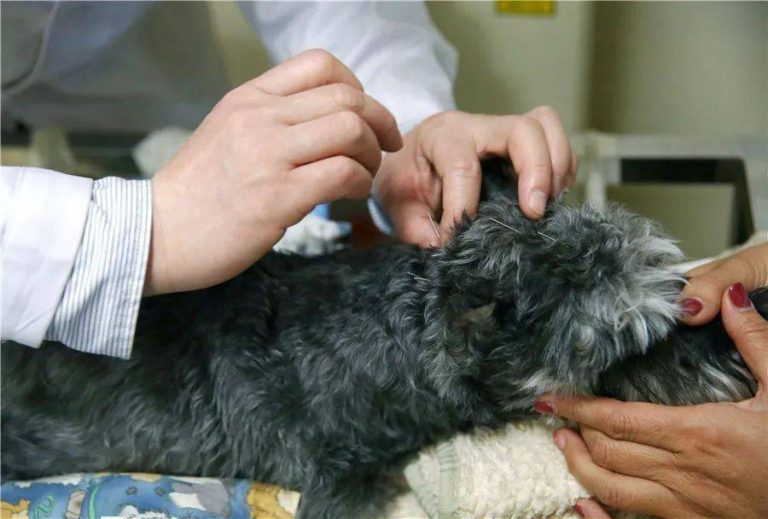Balancing Your Pet’s Diet: Protein, Carbs, and Fats
A balanced diet is crucial for your pet’s overall health and well-being. Just like humans, pets require a mix of essential nutrients to thrive. In this article, we’ll delve into the importance of protein, carbohydrates, and fats in your pet’s diet and how to ensure they receive the right balance of these nutrients for optimal health.

The Role of Protein
1. Muscle Development
Protein is essential for the growth and repair of tissues, making it a fundamental component of your pet’s diet. It’s particularly crucial for muscle development, and pets with insufficient protein intake may experience muscle weakness.
2. Immune System Support
Protein plays a vital role in maintaining a strong immune system. It helps produce antibodies and enzymes that protect against infections and illnesses.
3. Healthy Skin and Coat
Protein is necessary for healthy skin and a shiny coat. Inadequate protein can result in dry, flaky skin and a dull coat.
Choosing High-Quality Protein Sources
When selecting protein sources for your pet’s diet, opt for high-quality options such as lean meats, poultry, fish, and plant-based sources like tofu or legumes. Ensure that the protein source is appropriate for your pet’s species and specific dietary needs.
The Importance of Carbohydrates
1. Energy Source
Carbohydrates provide the energy needed for your pet’s daily activities and bodily functions. They are especially important for active pets.
2. Fiber for Digestion
Fiber, a type of carbohydrate, aids in digestion and can help prevent constipation. It’s found in ingredients like whole grains and vegetables.
Selecting Healthy Carbohydrate Sources
Choose complex carbohydrates over simple sugars for your pet’s diet. Whole grains like brown rice, quinoa, and vegetables like sweet potatoes are excellent choices. Avoid foods with excessive sugars or fillers.
The Role of Fats
1. Essential Fatty Acids
Fats provide essential fatty acids, like omega-3 and omega-6, which support overall health. They are critical for brain development, skin health, and a shiny coat.
2. Fat-Soluble Vitamins
Fats are essential for the absorption of fat-soluble vitamins (A, D, E, and K) in your pet’s diet.
Energy Reserve
Fats serve as an energy reserve and can be especially beneficial for working dogs and highly active pets.
Choosing Healthy Fat Sources
Select fats from sources like fish oil, flaxseed oil, and poultry fat. Be cautious with the quantity, as excessive fat intake can lead to obesity.
Balancing Your Pet’s Diet
The right balance of protein, carbohydrates, and fats in your pet’s diet depends on factors like their age, breed, activity level, and health condition. Consult your veterinarian to determine the appropriate nutrient ratios for your pet. Additionally, consider feeding high-quality commercial pet foods that are formulated to meet your pet’s specific needs.
Conclusion
Balancing your pet’s diet with the correct proportions of protein, carbohydrates, and fats is essential for their health and vitality. A well-balanced diet can contribute to strong muscles, a shiny coat, a robust immune system, and overall well-being. By understanding the role of these nutrients and making informed choices about your pet’s diet, you can provide them with the foundation for a happy and healthy life.






